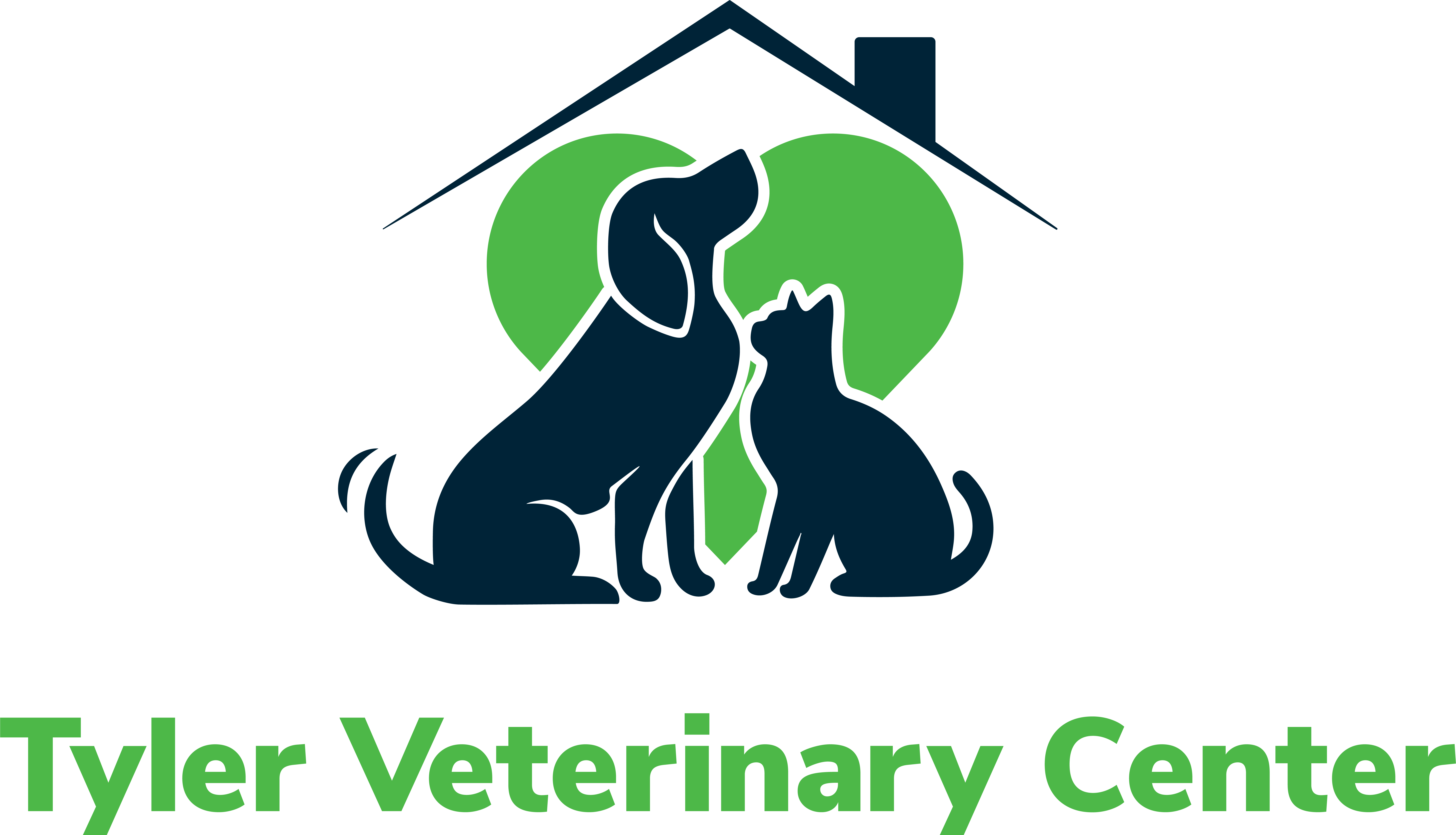Be Aware of These Five Toxins for Your Pet at Home
To celebrate National Animal Poison Prevention Week (March 19 – 25), our team is excited to bring attention to some of the most commonly found household items that can be hazardous for our beloved animals.
#1: Medications
Even the most well-behaved pets can be liable to medication accidents, especially food-motivated dogs. They may steal dropped pills right off of the floor or rummage through visitors’ suitcases in search of a tasty treat. Pets are even known to open pill bottles that have been left out on countertops! If your pet ever consumes any medications, it is essential that you contact an animal poison control hotline immediately; overdoses can result in lethal consequences for them.
#2: Food
The kitchen is a veritable danger zone for your beloved pet, full of delectable treats that can cause serious health issues. Chocolate, macadamia nuts, xylitol, avocados and unbaked yeast dough are only the start – alcohol poisoning from alcoholic beverages or severe hypoglycemia due to grapes and raisins could prove fatal. Protect your curious pup by keeping them away from the kitchen while you cook – not only will it keep them safe but also make sure all those tasty ingredients stay where they should be! To ensure their safety further consider getting a secure trash bin as well.
#3: Household chemicals
Your pet’s wellbeing is your top priority, so make sure to keep these commonly found chemicals away from them at all times:
- Cleaning products
- Disinfectants
- Aerosol air fresheners and other products
- Candles
- Antifreeze
- Windshield washer fluid
- Paint
- Glue
- Nail polish remover
#4: Plants and Garden
Countless houseplants and their nourishing chemicals are toxic to pets, with lilies being particularly hazardous for cats – even contact with just the pollen may be fatal. Besides these plants, 3 additional familiar indoor varieties such as dieffenbachia, elephant ear and spider plants can put your furry companion in danger. It doesn’t stop there; some outdoor species like ivy or oleander are also poisonous to animals. Before bringing a bouquet inside your home or adding greenery to your garden, check the ASPCA’s toxic plant list to ensure your flowers are pet-safe.
#5: Batteries and coins
Take heed: ingestion of coins or batteries can lead to metal poisoning in your pet. If a battery is damaged by chewing, chemical burns are possible as well; an intact swallowed battery may cause obstruction of the gastrointestinal tract. It’s important to remain vigilant and ensure that these objects do not enter into the paws – or mouths – of our beloved animals!
If you suspect your pet came in contact with something poisonous, reach out to us urgently.

